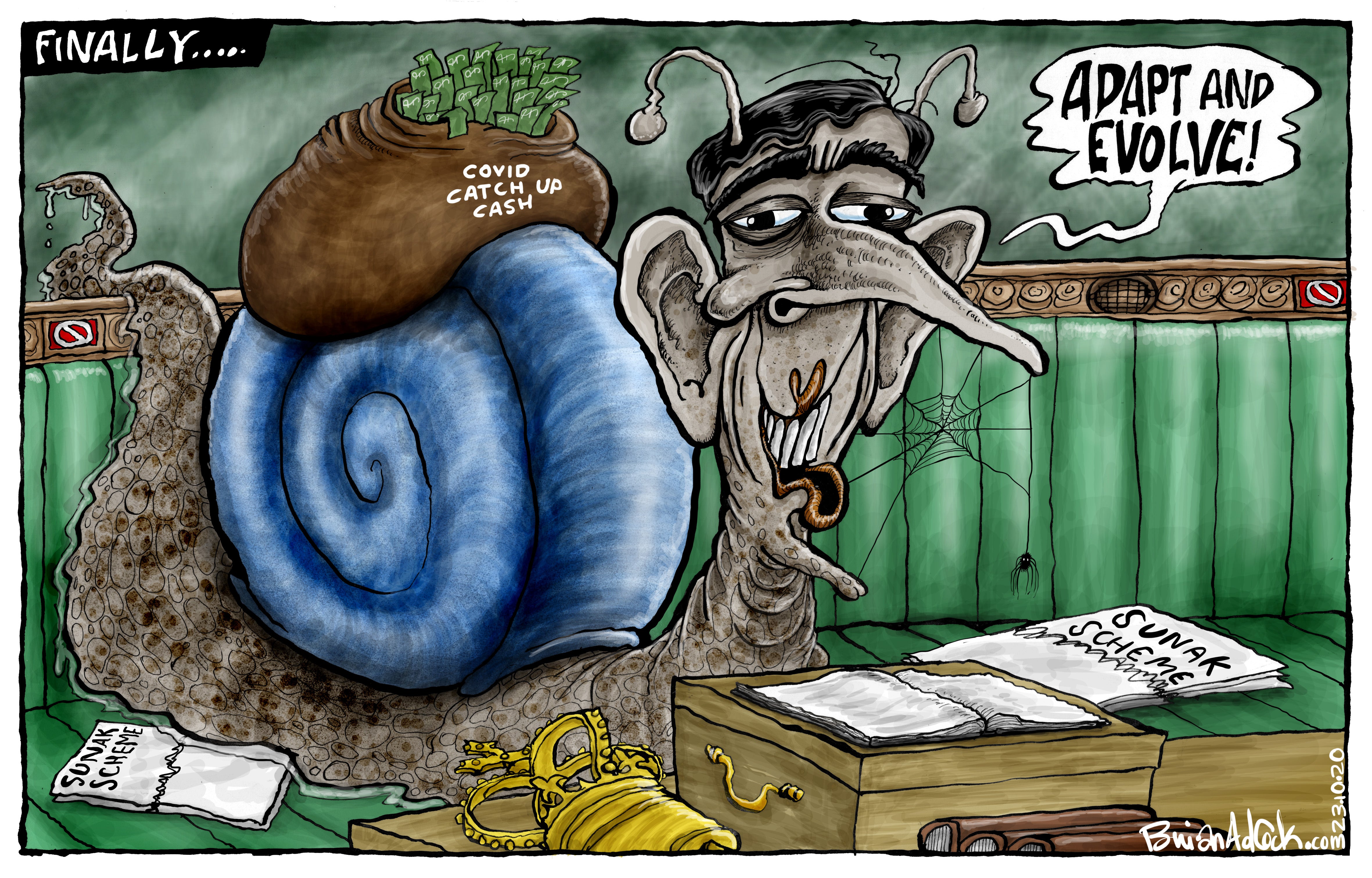Rishi Sunak’s lockdown support plans were flawed from the start. Let’s hope he is learning from his mistakes
Editorial: Has the Treasury just caught up with its own errors and the reality of a foreseen crisis?

So what changed, Rishi? It is an intriguing question. To be more precise, why is it that the package of support for hard-pressed families under tier 2 restrictions is deemed sufficient one day, but not the next?
After all, the flaws in Rishi Sunak’s post-furlough support programme were evident from the beginning. There was, anyway, the probability that a second wave of Covid-19 would arrive, such is the very nature of pandemics.
Given the failure of test and trace system, it was equally on the cards that the second wave would have predictable effects on public health and the economy. So the package should have been more generous in the first place, rather than predicated on the crisis subsiding. The government’s public health advisers have made it abundantly clear this will be a long haul.
Other parts of the government’s strategy have also been questioned. The Eat Out to Help Out scheme was popular, but risked pushing the infection rate back up. The £1,000 per head job retention bonus was poorly targeted, as there was no way of knowing which jobs would have been retained anyway. As the Resolution Foundation suggested, the wage subsidies were “not well designed to encourage firms to cut hours rather than jobs”. The 10pm curfew disproportionately reduced pub and restaurant takings, while simultaneously packing streets and public transport after closing time.
The most damaging problem with the government’s economic strategy has been the lack of support for areas in tier 2 compared to tier 3. The announcement of grants of £2,100 for firms in tier 2 areas should help, but a perverse incentive has been created to move up a tier to gain more support (provided it could be negotiated with a reluctant Downing Street).
So is it the case that the Treasury has only now caught up with its own mistakes, and the reality of a growing but foreseen crisis? Yes, to an extent. Is it a coincidence that the improved tier 2 measures have arrived just as London, with a Labour mayor but home to the political classes, and the West Midlands, with a Tory mayor and home to crucial marginal seats, were pushed into tier 2? Some may wonder…
In any case, it does not reflect well on the chancellor and his team. He has a gift for presentation and an uncanny ability to adopt the right tone for his frequent appearances at the despatch box. However, this is his third mini-budget in four weeks, and more than the third time he has been playing catch-up with Covid-19.
His medium-term spending review has been junked, rightly given the scale of the immediate challenges, and Mr Sunak is wise to focus on the here and now. It would be reassuring though if he and Treasury could better anticipate some of the developments in this crisis that his colleagues would prefer to pretend won’t happen. Wishful thinking is a poor basis for sound economic management.




Join our commenting forum
Join thought-provoking conversations, follow other Independent readers and see their replies
Comments